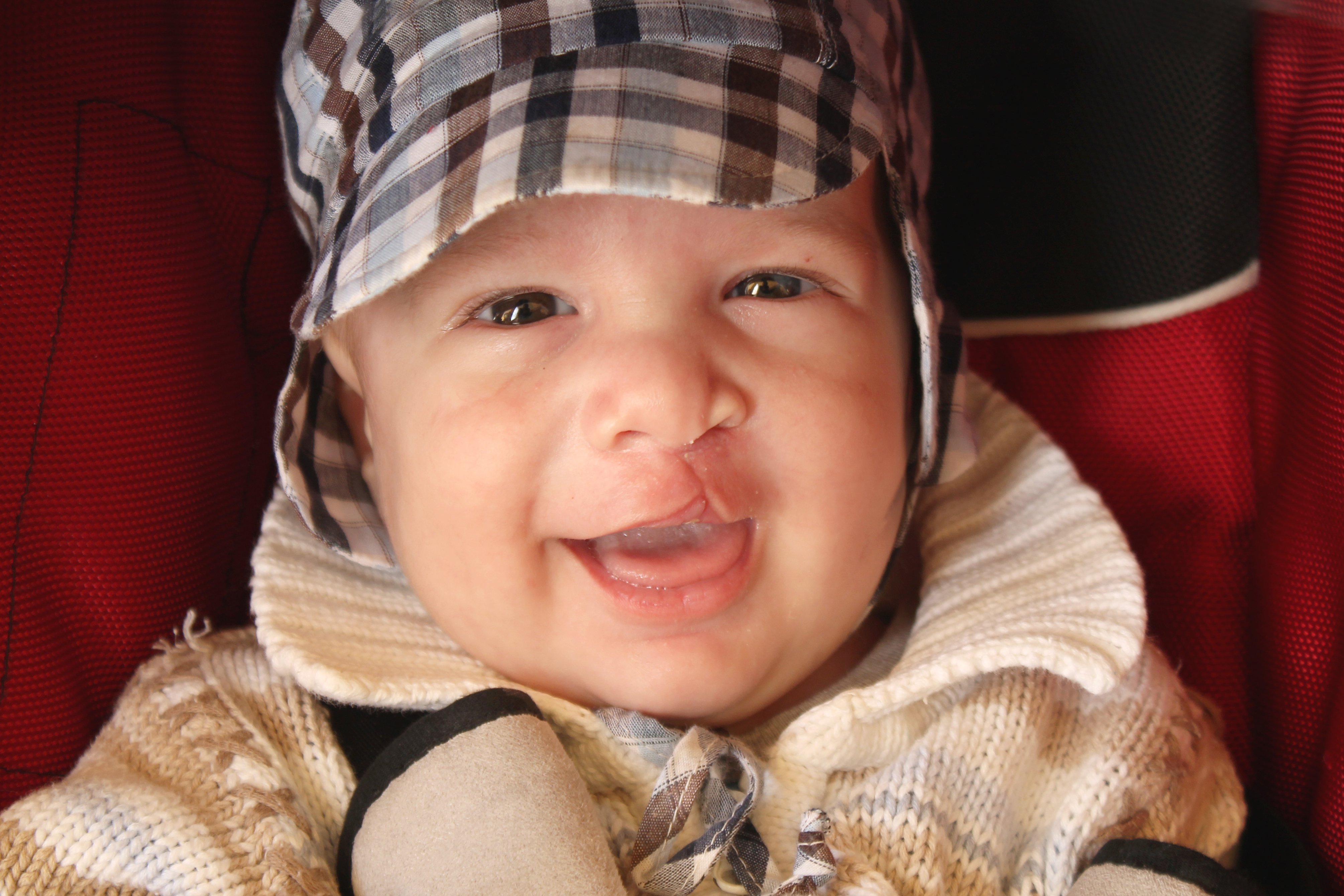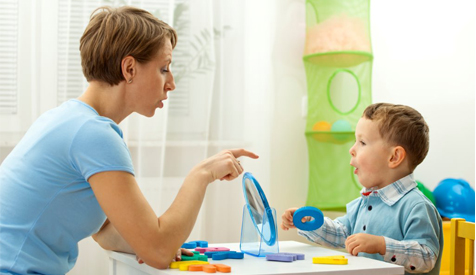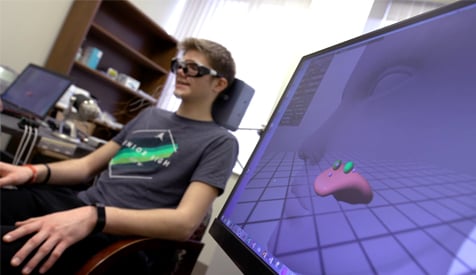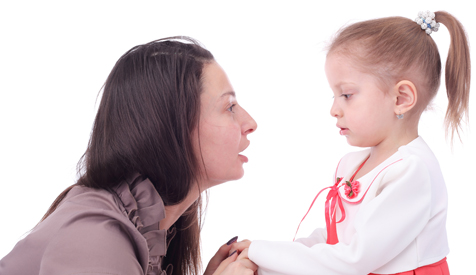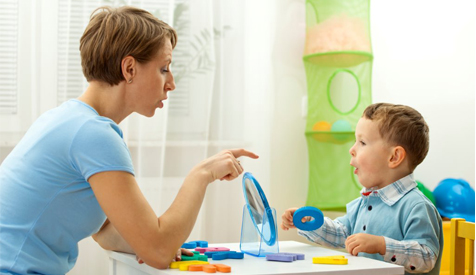A cleft is any opening in a normally closed structure. A cleft lip is an opening in the lip, typically the upper lip. These clefts are more commonly unilateral (on one side of the lip) as compared to bilateral (on both sides of the lip). Unilateral clefts occur more frequently on the left side of the mouth. A cleft palate is an opening on the roof of the mouth. Clefts can be found in the hard palate (towards the front of the mouth), soft palate (more towards the back of the mouth) or both.
What is the Difference Between Cleft Lip and Cleft Palate?
Tags: Speech, Language, Communication, Voice, talking, Cleft Lip, Cleft palate
Speech Therapy for Children: School vs. Private
Parents often wonder what they can do to help their child improve their speech and language skills. Many families seek additional private speech therapy to supplement school-based treatment.
While added speech therapy may be an advantage, it depends on the unique needs of your child. School-based speech therapy and private speech therapy differ in many ways. Before determining if your child would benefit from additional speech and language therapy, it is essential to know the difference between the two.
Tags: Speech, Language, Communication, Teens, Stuttering, Voice, toddler, talking
What Is Dysarthria?
Dysarthria is a motor speech disorder caused by damage to the central or peripheral nervous system – or sometimes both – as the result of a stroke or brain injury. People with dysarthria may have trouble with respiration (breathing), phonation (voicing), articulation (speech), prosody (patterns of stress and intonation) and resonance (e.g., nasality).
Tags: Speech, Communication, Stroke, talking
Opti-Speech: A Game-Changer in Speech Therapy
Let's face it, sometimes we give it our all and just don't see the results we desire. When you or your child has been working forever on a sound like "r" or "s" and the progress isn't happening, the results can be disappointing. I get it-- having one little speech sound error hang around comes with a whole host of problems. Whether it is jokes at your expense, anxiety meeting new people, or even bullying, you would do anything to make a change.
Tags: Speech, Communication, Teens, Voice, talking
Communication Skills for Children with Angelman Syndrome
Angelman syndrome is a rare neurogenetic disorder that occurs in about 1 out of every 15,000 people. Most people with Angelman have very limited speech, or no speech at all. If you’re the parent of a young child with Angelman, you may be wondering how you can help your child learn to communicate, since speech is not going to be their main way of communicating. Here are a few suggestions to get you started:
Tags: Speech, Language, Communication, Voice, toddler, talking
5 Things to Expect During a Speech Evaluation
If you are having difficulty understanding your child, you might want to consider a speech-language evaluation. An evaluation is a normal step to pursue when parents or caregivers suspect difficulty with communication.
Ask your pediatrician for a referral to a speech-language pathologist (SLP) - a professional who diagnoses speech and language difficulties. An evaluation will include the following:
Tags: Speech, Communication, Voice, toddler, talking
What Books Should I Choose to Read to My Toddler?
Toddlers want to feel included and competent; choose books that your child can follow along with, especially those with repetitive text so he or she can fill in words. Maintain your toddler's interest by choosing books with small amounts of text on the page and books about topics that you know are of interest.
For younger toddlers (12 to 24 months) you'll want sturdy board books with pictures (especially photos) of kids doing the things they do every day. Books about bedtime, baths, or mealtime are all good choices; so are books about saying hello or good-bye. Keep active hands busy with lift-the-flap pages and textures to feel.
My Child Isn't Talking Yet - What Now?
Early in infancy, you will see signs that indicate that your child is hearing, listening, and understanding what is going on around him/her. Your child is learning language long before he/she produces that first word.
There is a typical progression to language development. Initially, your child will turn to find sounds, follow with his/her eyes when something moves in their view, look at what you are looking at (joint attention). All of these skills are part of language development. Later, your child will respond by pointing or may get your attention by touching you or vocalizing.
Tags: Speech, Language, Communication, Voice, toddler, talking
What is Aphasia?
Aphasia is a language disorder resulting from an injury to the brain, such as a stroke or head trauma. Aphasia involves varying degrees of communication difficulties in these areas:
Spoken Language Comprehension - otherwise known as “Receptive Language” or “Auditory Comprehension.”
Symptoms may include:
Tags: Speech, Language, Communication, Support, Stroke, Brain Injury, talking
5 Tips to Avoid a Tantrum
There aren’t any magic tricks that we can use to prevent all tantrums, but there are some tips to help avoid some of the outbursts that may be happening more regularly.
First, make sure that your child is getting enough sleep, has a healthy diet, and has lots of time to run and play every day. Look at the big picture, and from there start to identify if there are triggers that will set-off a tantrum.
Tags: Speech, Language, Communication, Voice, toddler, talking, tantrum




